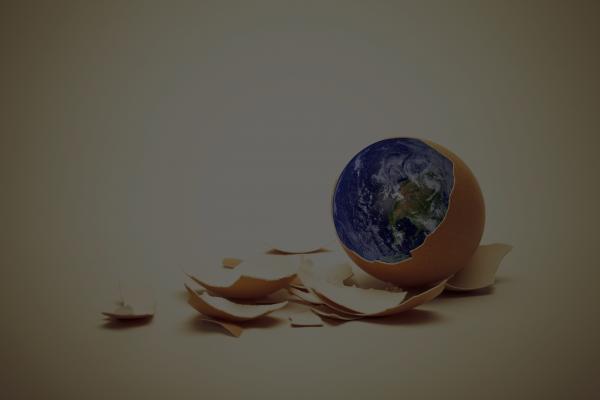I recently picked up a fascinating book called Octavia's Brood co-edited by Walidah Imarisha and adrienne maree brown.
In a discussion about the book, Walidah Imarisha said, "All organizing is science fiction. What does a world without poverty look like? What does a world without prisons look like? What does a world with everyone having enough food and clothing look like? We don't know. It's science fiction, and it is as foreign to us as the Klingon homeworld."
I had never heard of organizing being discussed in such a way, and it led me to reflect on the importance of envisioning and dreaming of the kind of society we fight to create. I also found myself reflecting on this statement in a different light: All organizing is also theological and spiritual. A simple explanation of this is that organizing and activism is faith in action.
Read the Full Article

